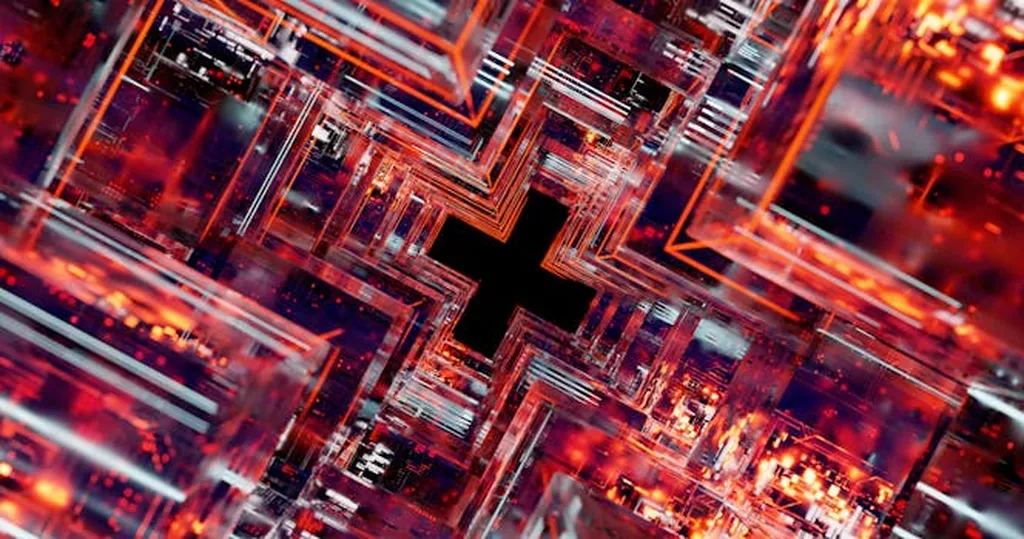In the rapidly evolving landscape of secure communications, a groundbreaking development has emerged that could significantly impact industries reliant on digital signatures, including the energy sector. Researchers have introduced a novel scheme called Generalized Quantum-Assisted Digital Signature (GQaDS), which promises enhanced security and efficiency. This innovation, published in the IEEE Transactions on Quantum Engineering (translated as the IEEE Journal of Quantum Engineering), is poised to revolutionize how we approach digital signatures in an era where cyber threats are increasingly sophisticated.
At the helm of this research is Alberto Tarable, a scientist affiliated with the Consiglio Nazionale delle Ricerche, Istituto di Elettronica e di Ingegneria dell’Informazione e delle Telecomunicazioni (CNR-IEIIT) in Torino, Italy. Tarable and his team have developed GQaDS as an improved version of a previously proposed scheme, leveraging the inherent security of quantum key distribution (QKD) for digital signature purposes. The new scheme’s security against forging is meticulously computed, considering a trial-and-error approach that a malicious forger might employ. Tarable explains, “By optimizing the GQaDS parameters through an analytical approach, we strike a delicate balance between forgery and repudiation probabilities, ensuring robust security.”
One of the standout features of GQaDS is the replacement of traditional hash functions with Carter–Wegman message authentication codes. This enhancement not only strengthens the scheme’s security but also reduces the signature length, making it more efficient. For scenarios where the second verifier has a safe reputation, the researchers have developed a simplified version called deterministic GQaDS. This variant further reduces the required signature length while maintaining the desired security strength.
The implications of this research for the energy sector are profound. Digital signatures are crucial for securing communications and transactions in energy systems, ensuring the integrity and authenticity of data. With the advent of GQaDS, energy companies can benefit from a more secure and efficient digital signature scheme, safeguarding their operations against cyber threats. Tarable envisions, “This technology could be particularly impactful in smart grids and other energy infrastructure, where secure communications are paramount.”
The publication of this research in the IEEE Transactions on Quantum Engineering underscores its significance and potential impact. As the energy sector continues to embrace digital transformation, the need for advanced security measures becomes ever more critical. GQaDS represents a significant step forward in this domain, offering a glimpse into a future where quantum-assisted technologies play a pivotal role in ensuring secure and efficient communications.
In the broader context, this research highlights the ongoing convergence of quantum technologies and classical cryptographic methods. As Tarable and his team continue to refine and expand the capabilities of GQaDS, the potential applications across various industries are vast. From finance to healthcare, the need for secure digital signatures is universal, and GQaDS offers a promising solution. The journey towards a quantum-secure future is well underway, and innovations like GQaDS are at the forefront of this exciting evolution.

